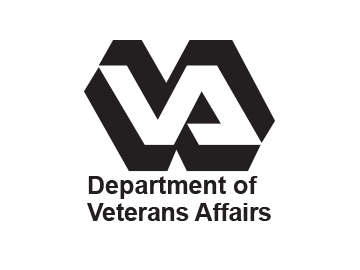As part of a precision medicine partnership between U.S. Department of Veteran Affairs and Sanford Health, Sioux Falls, S.D., 250,000 U.S. veterans who are current VA Health Care System patients will receive no cost pharmacogenetic testing evaluating actionable genetic traits.
The program will begin with a pilot in Durham, N.C. and ultimately become available at 125 VA sites by 2022. The program is called PHASeR, Pharmacogenomics Action for Cancer Survivorship. The program was made possible by a $25 million gift from the philanthropist Denny Sanford and matching funds from Sanford Health.
Initially, the plan will enroll cancer survivors, and, as the program is rolled out across the country, it is anticipated that the findings will help inform physicians’ prescribing and treatment plans for a variety of conditions, including the metabolism of anti-depressants, anxiety drugs, opioids, and coagulation medications.
When fully implemented, veterans will be able to undergo free genetic testing at 125 local VA facilities and Sanford Health will process and perform the testing at its South Dakota Imagenetics laboratory.
Sanford Health is in the forefront in advancing pharmacogenetics. It has begun offering a $49 genetic test to its own primary care patients which looks at susceptibility for 60 diseases and 30 drug-gene interactions.
The Sanford Health offering includes markers for aortic aneurysm, thyroid cancer, Lynch syndrome and Wilson’s Disease among other disease processes. The program offered to its patients and to the VA patients is based upon the fact that each marker it will examine has been shown to be clinically actionable.
The Sanford Imagenetics program was begun in 2014 and it has been reported, as expected, that a significant number of patients who have been tested have been found to carry a genetic variant that affects medication selection or optimizing dosage administration.
In one of my recent blogs, I discussed Geisinger Health having pharmacogenetic testing available at the primary care level. The actions that Sanford Health has taken with its own patients and with the Veterans Administration are just more examples of the tsunami of availability of actionable pharmacogenetic testing that is taking place across the country.


.png?width=261&name=2021_newest_logo_cola-footer%20(1).png)



